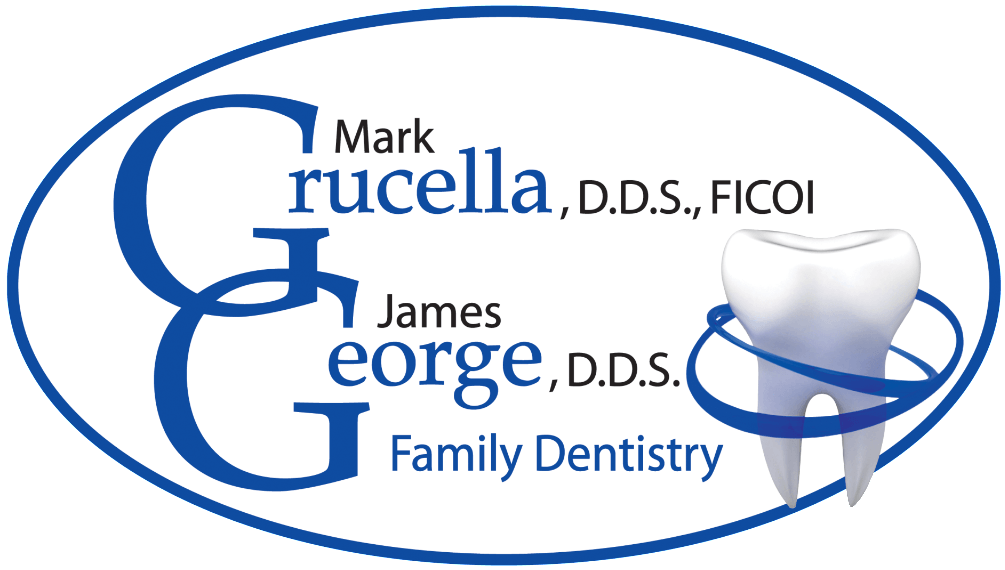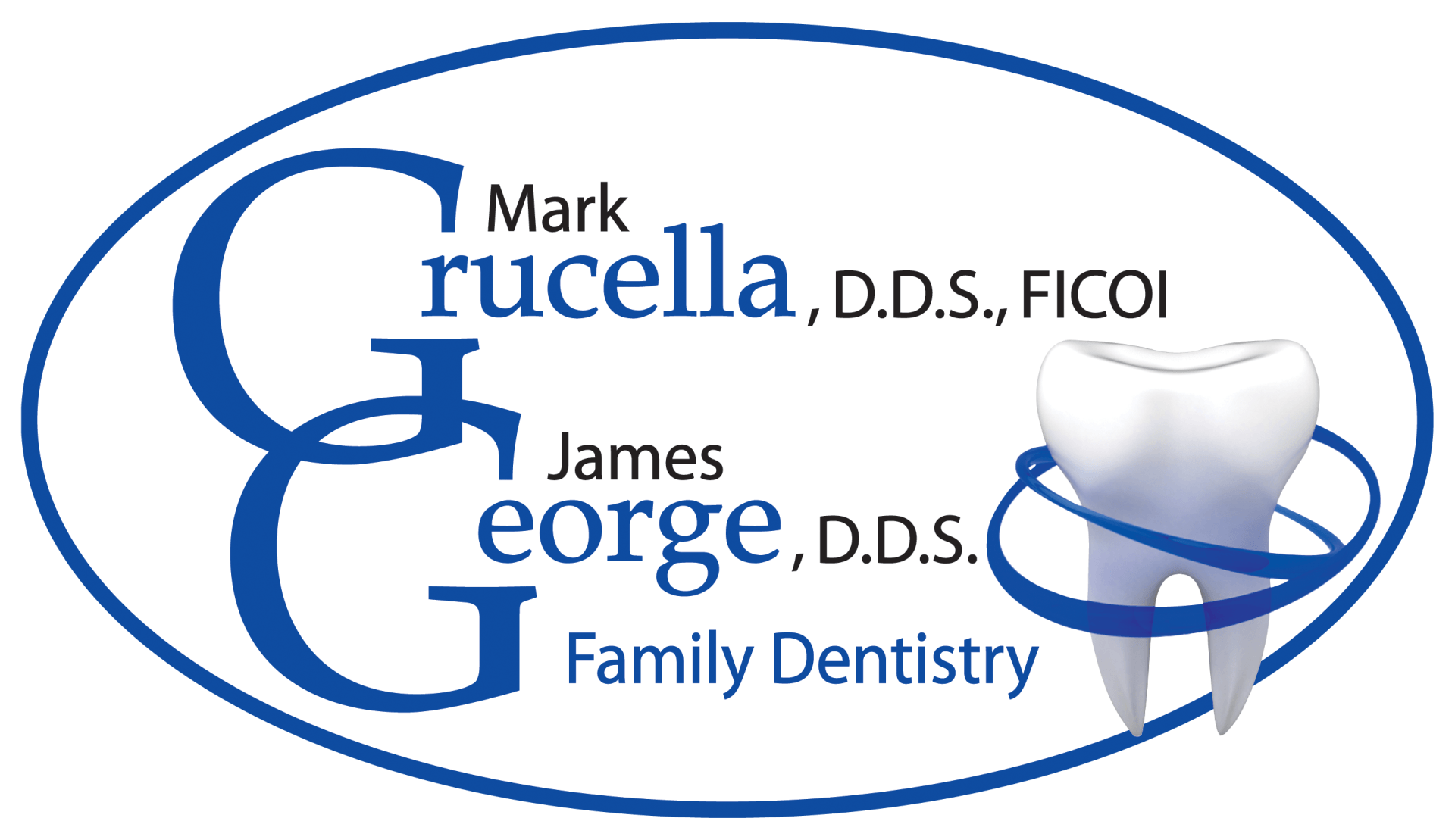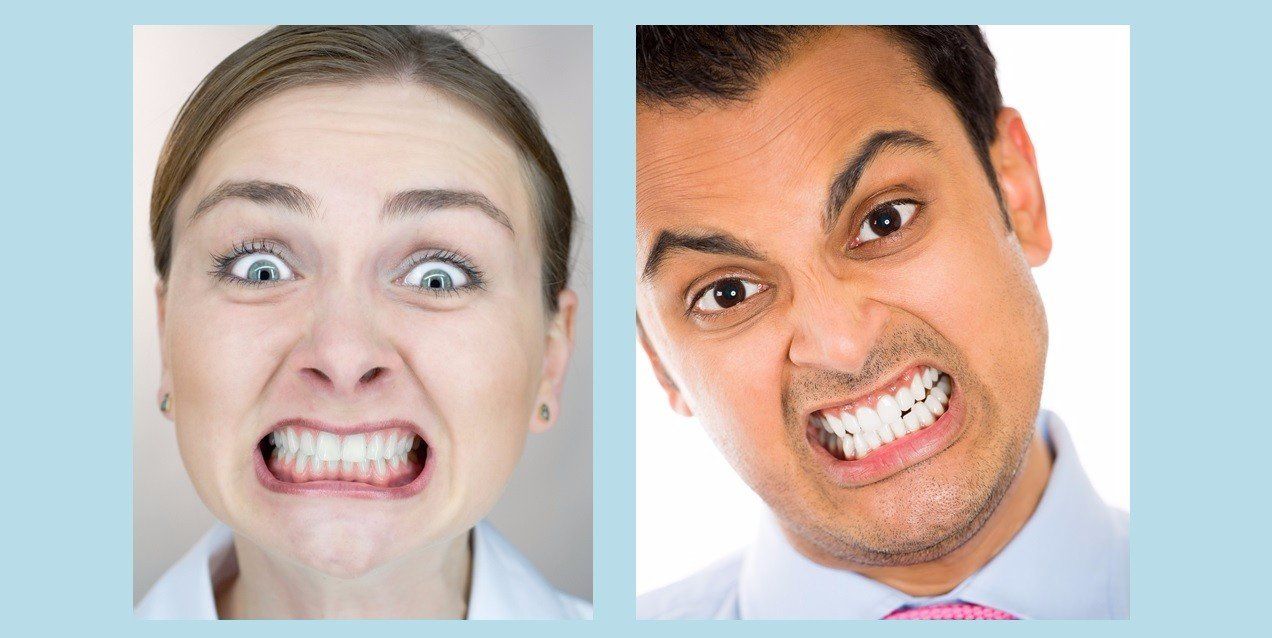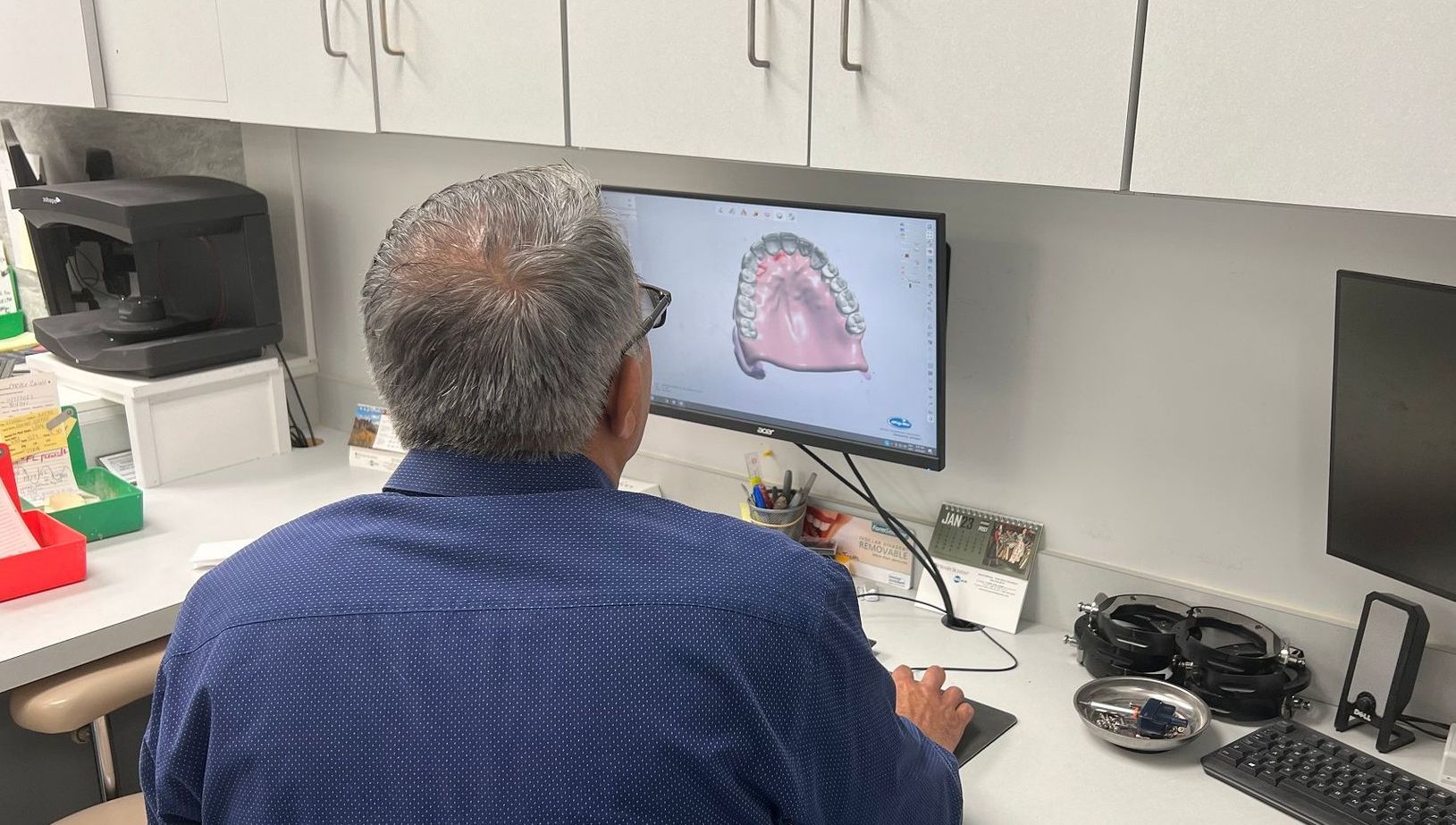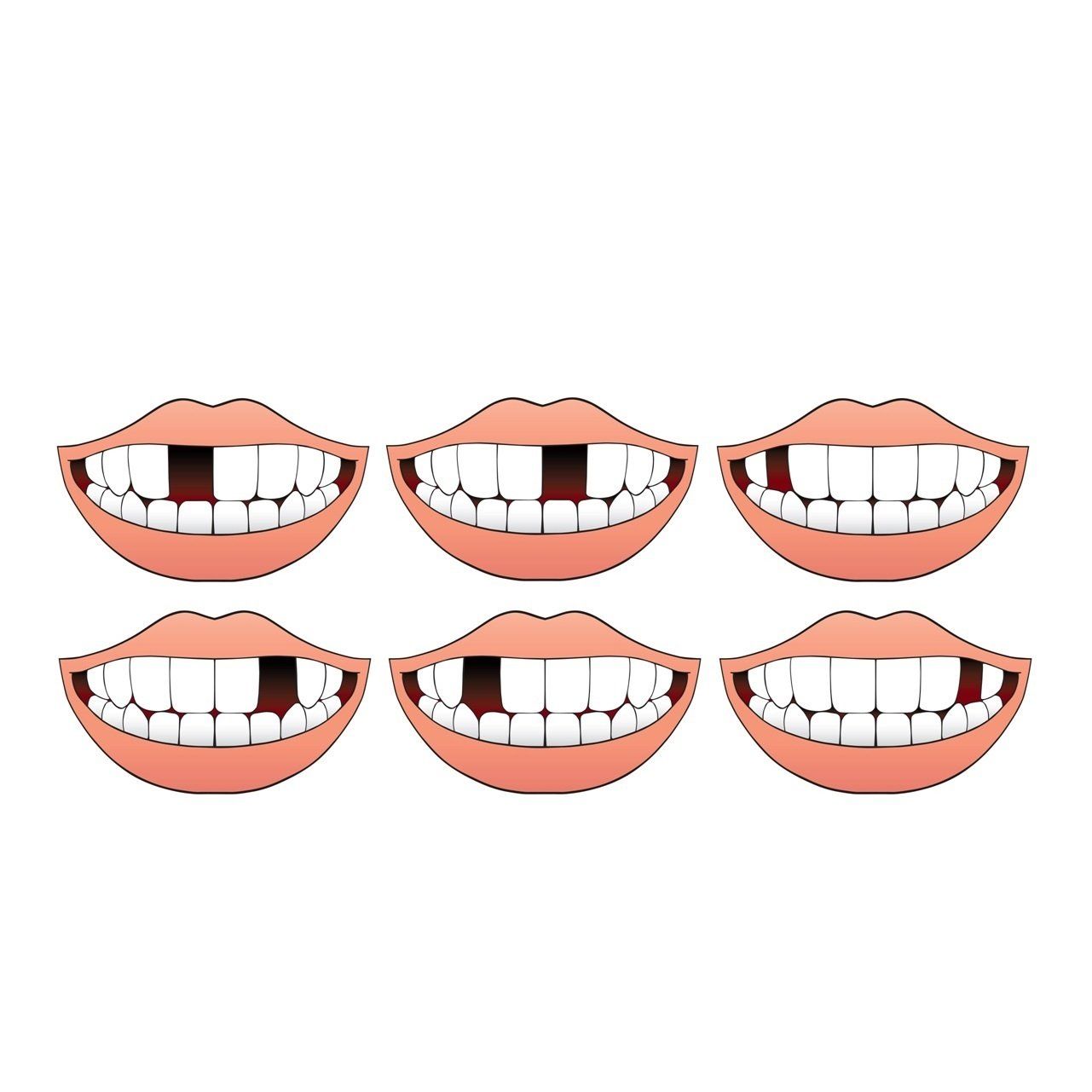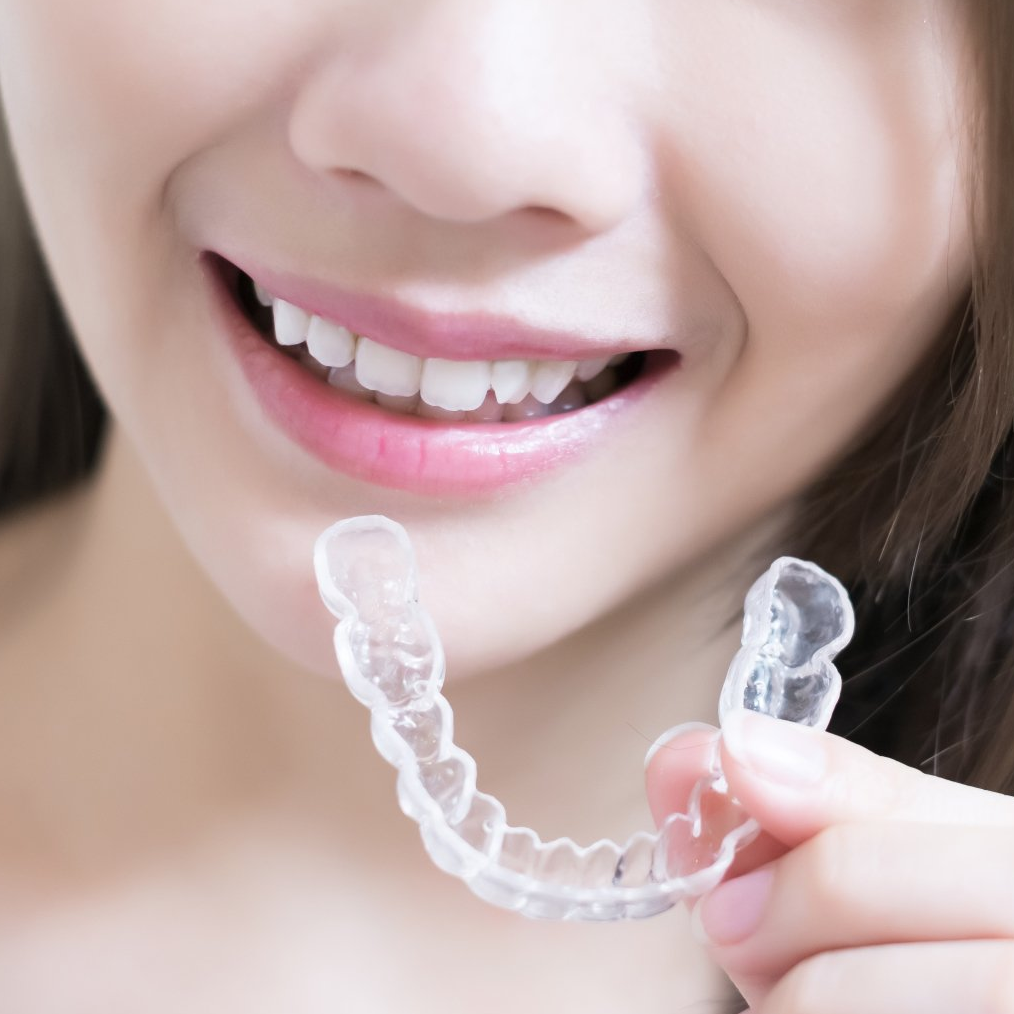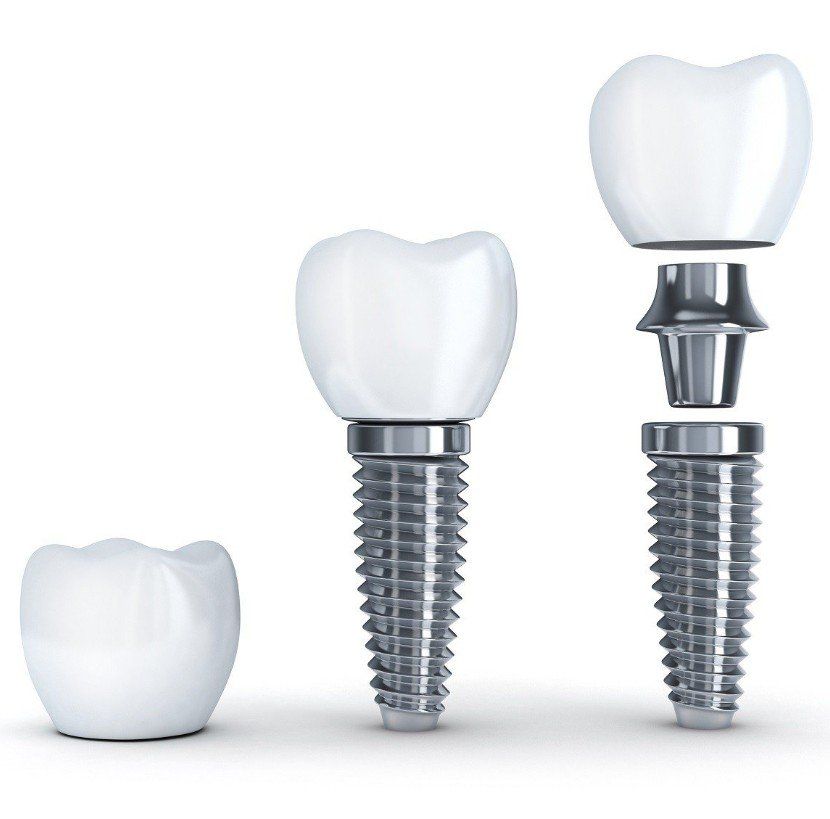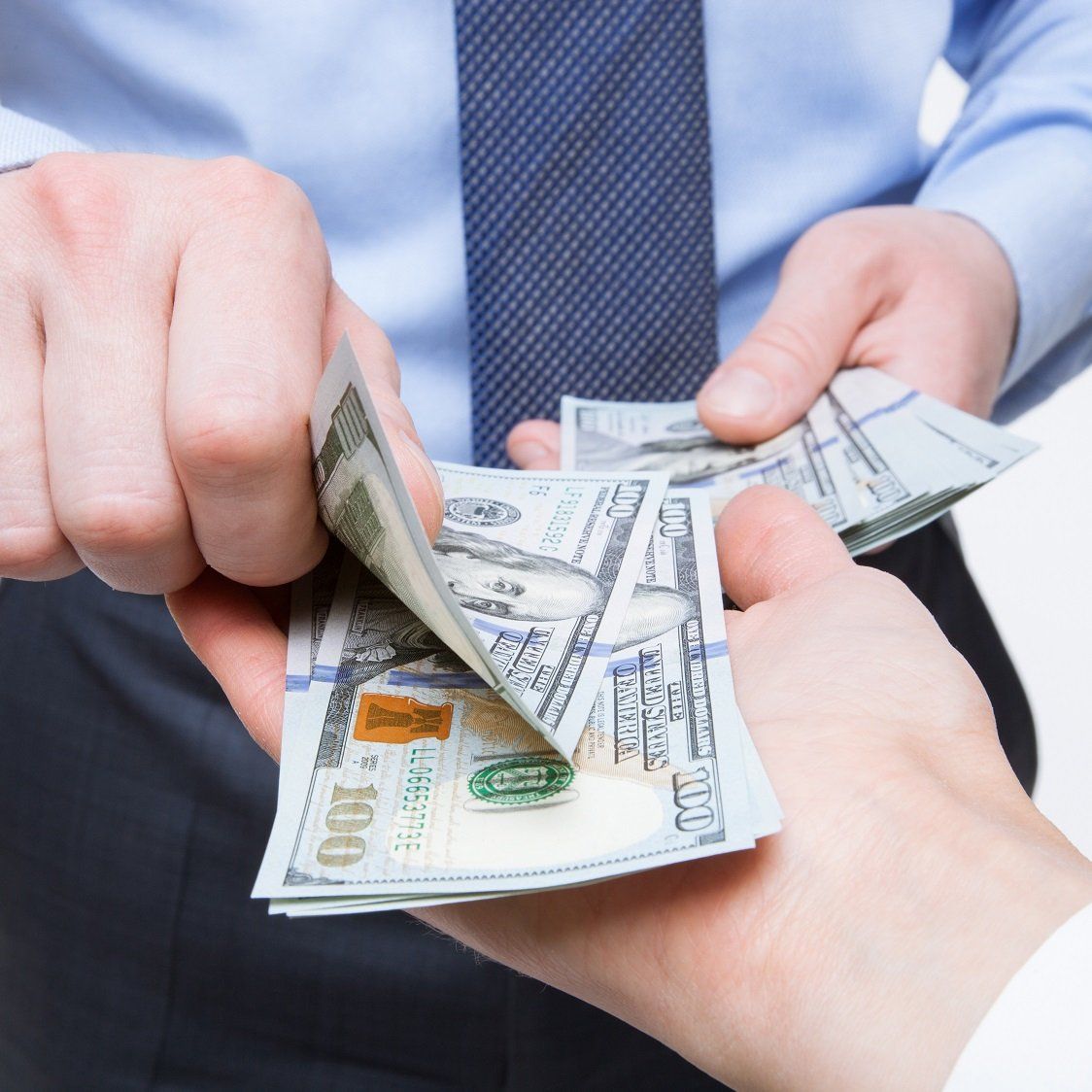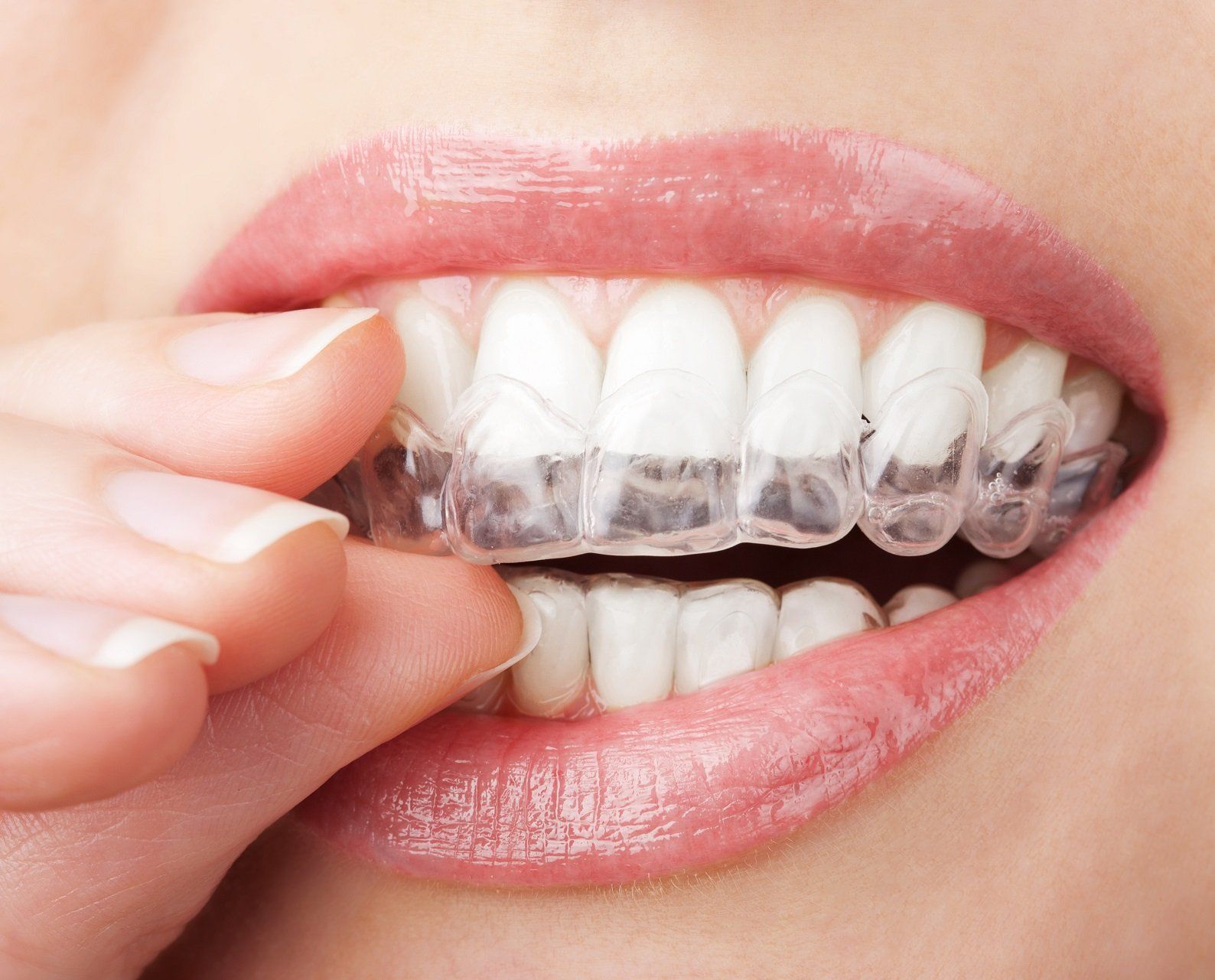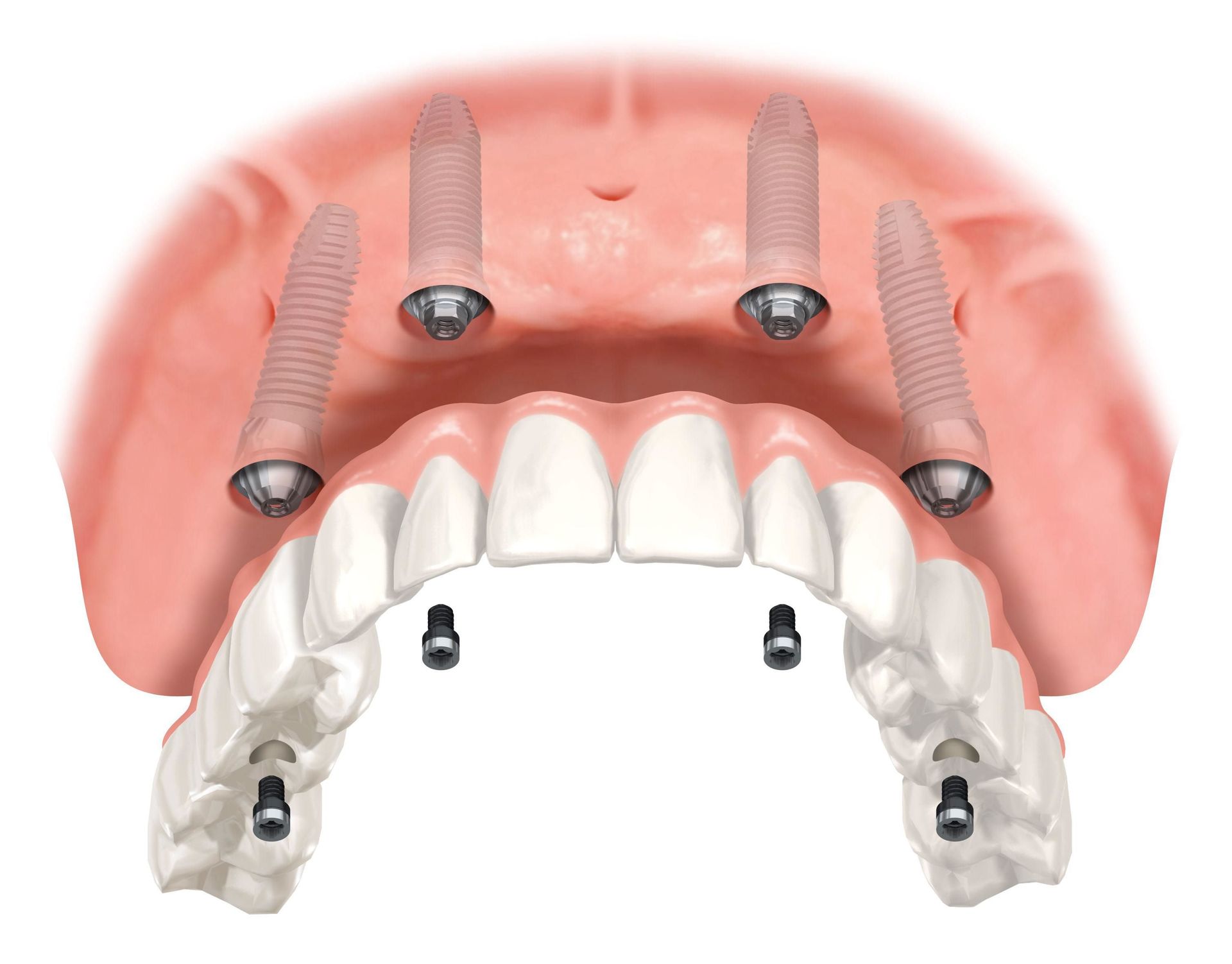Do You Grind or Clench Your Teeth
How To Prevent and Treat Bruxism
If you get frequent jaw pain, headaches, ear aches, or stiff necks in the morning you might be grinding and clenching your teeth. This is known as
Bruxism .
Clenching means tightly holding the top and bottom of your teeth together. Grinding is sliding teeth back and forth over each other.
Many people grind their teeth at night and may not even know they do it.
What Causes Bruxism?
The cause of bruxism (habit of grinding and clenching) is usually unknown. Stress, sleep disorders, and an abnormal bite are some things that may play a role. Your dentist can diagnose bruxism by checking for unusual wear spots on your teeth and looking at any related symptoms. Regular dental check-ups are important to find damage in early stages.
What Are The Symptoms of Bruxism?
The symptoms of clenching or grinding your teeth may include the following:
- jaw pain
- headaches
- ear aches
- clicking jaw
- stiff neck in the morning
- sensitive teeth
- sore teeth
- facial pain
- work or cracked teeth or fillings
- tongue indentations
- trouble sleeping
- cheeks bitten
How Bruxism is Treated
Treatment depends on each person's situation. At our dentist office, we typically recommend one or more of these types of treatments to patients:
- Mouth guard worn over the teeth while sleeping
- stress reduction methods
- exercises to relax jaw muscles
- warm compresses
- avoidance of hard foods (nuts, carrots, etc.) and chewing gum
We usually recommend wearing a mouth guard during sleep. You can get over-the-counter night guards or we offer our patients custom mouth guards made by in our in-house dental lab. The mouth guard goes over the upper or lower teeth and prevents them from touching. It protects teeth and helps them from wearing down.
If you have any questions about bruxism or any other dental related topic, please contact us by calling
330-733-7911 or
send us a website message.
